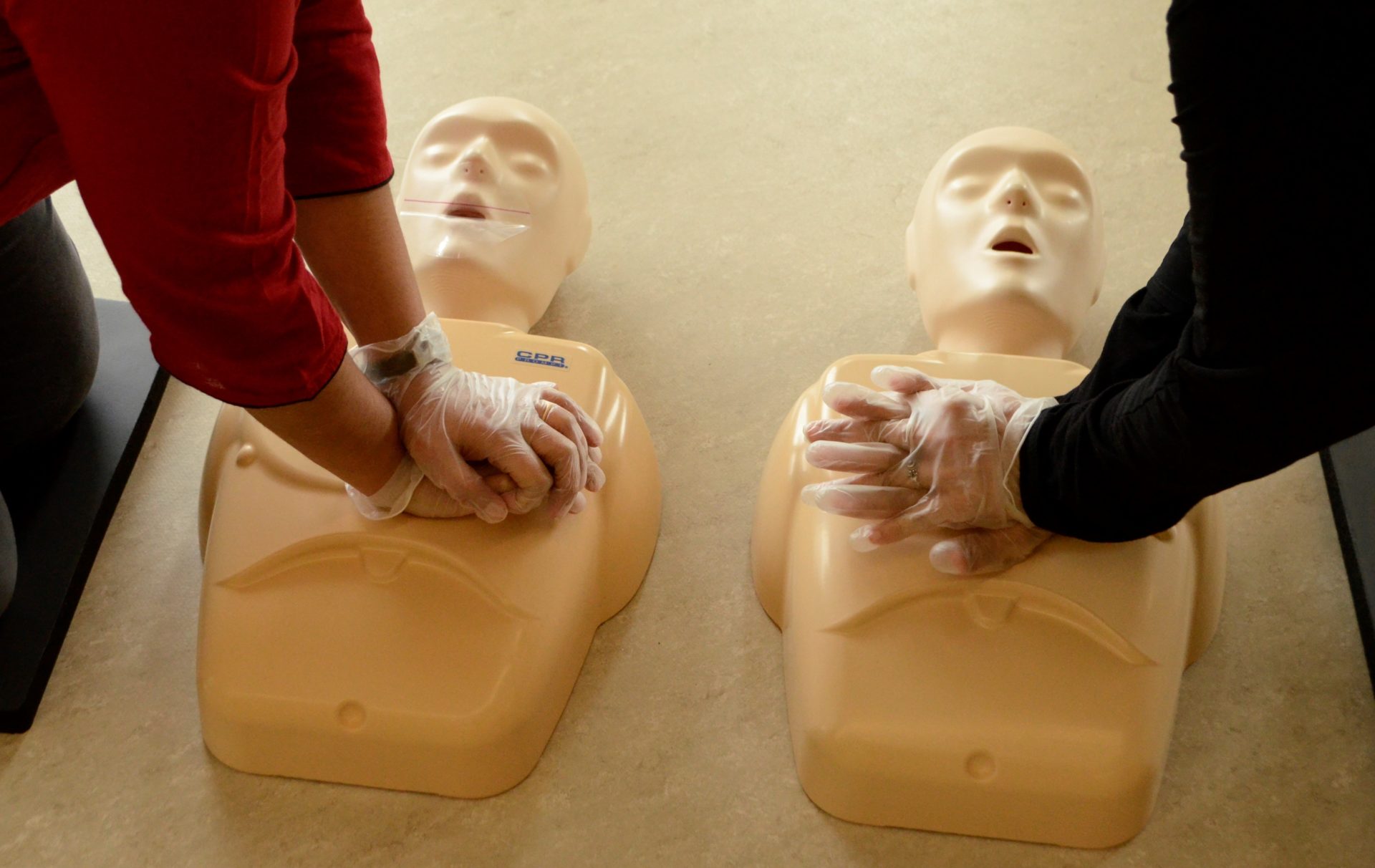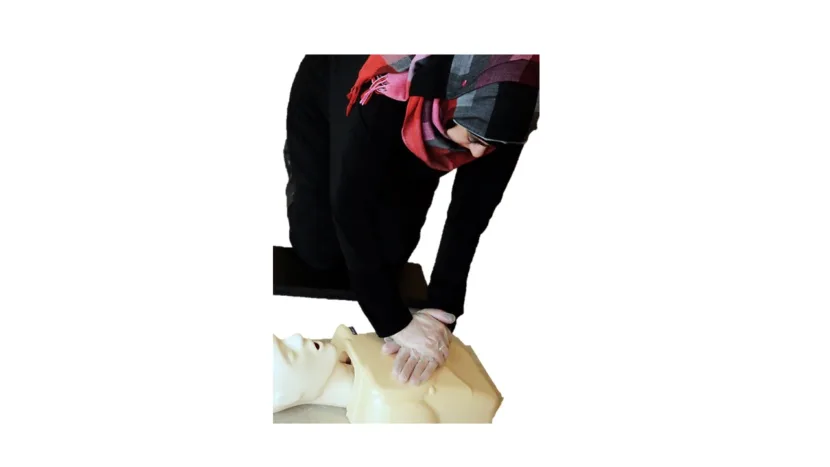Knowledge Saves Lives
The Importance of Education in Health
Knowledge Saves Lives and is a powerful tool that can help us improve our health outcomes and prevent diseases. Education plays a crucial role in promoting health and well-being, as it provides individuals with the necessary information and skills to make informed decisions about their health. When people are educated about their health, they are better equipped to recognize the signs and symptoms of diseases, understand the importance of preventive measures, and seek appropriate medical care when needed.
Moreover, education can help individuals develop healthy habits and lifestyles. By learning about the benefits of physical activity, healthy eating habits, and stress management techniques, people can take proactive steps to improve their overall health and well-being. Education can also help individuals understand the risks associated with unhealthy behaviors, such as smoking, excessive alcohol consumption, and drug abuse, and make informed decisions about their lifestyle choices.
The Role of Technology in Improving Health Outcomes
Technology has revolutionized the healthcare industry, providing new tools and resources to improve health outcomes and enhance the quality of care. From electronic medical records to telemedicine, technology has made it easier for healthcare providers to diagnose and treat patients, communicate with other healthcare professionals, and share information with patients.
One of the most significant advances in healthcare technology is the development of wearable devices and mobile health apps. These tools allow individuals to monitor their health and track their progress in real-time, providing them with valuable insights into their health status and helping them make informed decisions about their care. With the help of these technologies, individuals can take control of their health and make proactive choices to prevent diseases and manage their conditions.
Understanding the Impact of Lifestyle Choices on Health
Lifestyle choices play a significant role in determining our overall health and well-being. From our diet and exercise habits to our stress levels and sleep patterns, our lifestyle choices can have a profound impact on our physical, mental, and emotional health.
By understanding the impact of our lifestyle choices on our health, we can take proactive steps to improve our habits and reduce our risk of developing chronic diseases. For example, by adopting a healthy diet and engaging in regular physical activity, we can reduce our risk of obesity, diabetes, and heart disease. By managing our stress levels and getting enough sleep, we can improve our mental health and reduce our risk of depression and anxiety.
The Benefits of Early Detection and Prevention
Early detection and prevention are critical components of promoting good health and preventing diseases. By detecting diseases early, healthcare providers can provide prompt treatment and improve health outcomes. Additionally, by taking proactive steps to prevent diseases, individuals can reduce their risk of developing chronic conditions and improve their overall health and well-being.
Early detection and prevention efforts can include regular health screenings, routine check-ups with healthcare providers, and engaging in preventive behaviors such as vaccinations and healthy lifestyle choices. By prioritizing early detection and prevention, individuals can take control of their health and reduce their risk of developing chronic diseases.
The Power of Advocacy in Promoting Health Equity
Advocacy plays a critical role in promoting health equity and ensuring that all individuals have access to high-quality healthcare services. Through advocacy efforts, individuals and organizations can raise awareness about health disparities and work to eliminate barriers to healthcare access.
Advocacy efforts can include lobbying for policy changes, raising funds to support healthcare initiatives, and educating the public about health disparities and their impact on communities. By working together to promote health equity, we can ensure that all individuals have the opportunity to achieve optimal health and well-being.
Case Studies: How Knowledge has Saved Lives in Real Life Scenarios
Real-life case studies demonstrate the power of knowledge in improving health outcomes and saving lives. By examining successful interventions and treatments, we can learn from past experiences and develop new strategies to improve health outcomes.
Case studies can include examples of successful preventive measures, early detection and treatment efforts, and advocacy initiatives that have improved healthcare access and reduced health disparities. By sharing these examples, we can inspire others to take action and promote positive change in their communities.
Conclusion: The Call to Action for Advancing Health Knowledge
Knowledge saves lives, and by prioritizing education, technology, lifestyle choices, early detection and prevention, advocacy, and real-life case studies,


